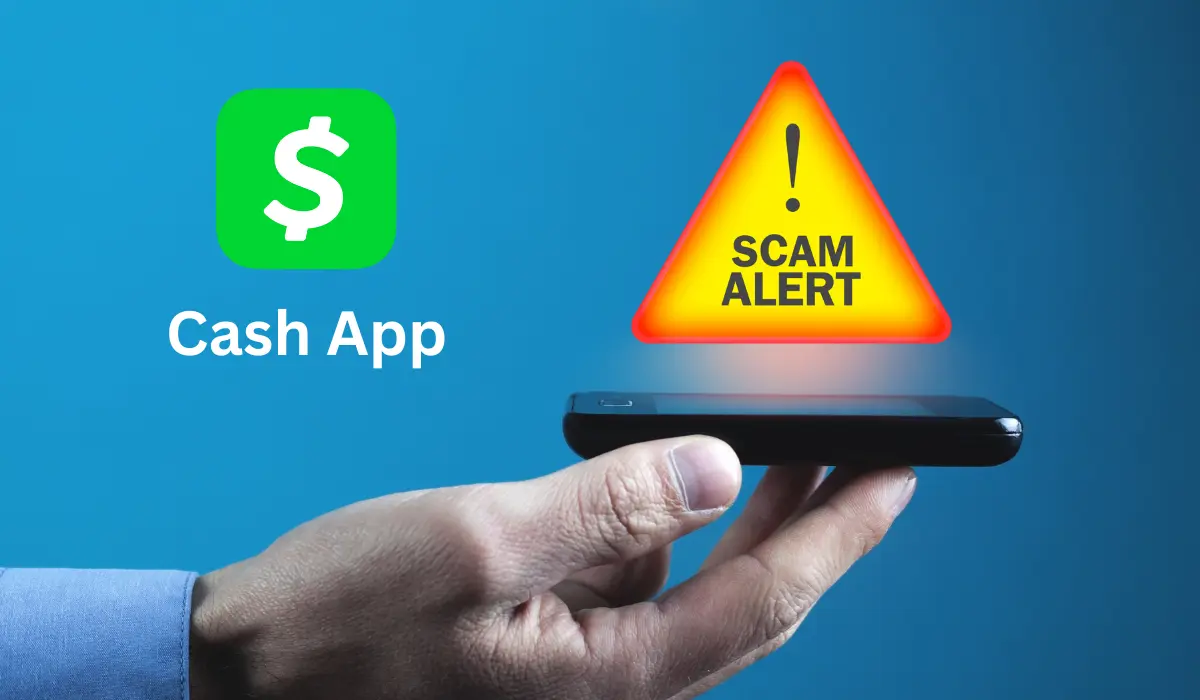Cash App is a mobile payment service available in the US and UK. Users link a bank account or debit card to the app and can only send or receive payments domestically, and it’s a fast and convenient way to move funds.
Like with most payment systems, one of the biggest dangers to customers is being scammed. Most of them encourage, or sometimes force, the user into making the transaction. Cash App to Cash App transfers are instant, and can’t be canceled, making this very attractive for scammers.
Cash App sometimes offers sweepstakes via its Twitter account for US customers, and it’s free money and legitimate. Some people confuse scams that mimic this. More on that later. First, though, are scams that Cash App warns customers to look out for and some tips on how to avoid being caught.
Top 5 Scams Known by Cash App
Cash app flip scams are on the rise, amongst other ones. Here are some recent scams Cash App has identified based on user reports.
1. The Flip Scam
Flipping is the concept of putting money into something, and it’s doubled or more. Property flipping is buying a rundown house, renovating it, and selling it for more than twice what you paid. People can make a lot of money from house-flipping.
On the other hand, cash flipping isn’t legitimate and is a total scam. The fraudsters claim that if a person invests money with them, they’ll increase it. Of course, the money needs to be deposited via Cash App and is never seen again.
2. The Puppy Scam
Fraudsters post photos of fake puppies or kittens, often pedigree breeds, and offer to sell them from an upcoming litter at drastically reduced prices. The catch is that the customer must deposit via Cash App in advance.
Naturally, no animals are being sold, and the scammers take off with all the deposits.
3. Property Rental Deposit Scam
Usually found via a social media ad, a scammer poses as a property agent. They promise to secure a rental apartment or house at much lower than advertised prices.
The catch is that a deposit of the first month needs to be transferred in advance via Cash App. Sadly, the person is not an agent and absconds with the funds.
4. Fake Cash App Service Representatives
Scammers are posing as Cash App staff and contacting users.
They may ask them to do any of the following:
- Perform a ‘test’ transaction,
- Provide their sign-in code for security purposes
- Transfer money to a Cash App support account
- Download a remote access file
- Give them your social security number
- Read out your full debit or credit card number
Nobody from Cash App will ever ask a customer to do any of these things.
5. Utility Bill Scam
Fraudsters call and say they are from a person’s utility company and that their bill is overdue. The state that the person has 30 minutes only to make an immediate payment or their service will be cut off.
They then provide Cash App details to a fake utility account and take off with the amount.
The Cash App Sweepstakes
Cash App holds periodical sweepstakes via its Twitter account (@CashApp). This is a legitimate process, and the winnings, if the user is successful, are transferred into their account from the Cash App account, designated by the blue checkmark.
The customer doesn’t need to make any form of transfer to receive the funds. If someone poses as a Cash App rep wanting a transaction made so they can pay the sweepstakes, they’re a scammer.
Conclusion: Don’t Get Scammed
If something is ‘too good to be true,’ it’s most likely a scam. Examples are pedigree animals at a discount rate from an upcoming litter or rental property well below the asking price.
Only ever send transfers to people you know and can confirm via other channels.
Cash App service representatives will never ask customers to transfer to a support account or ask for sensitive information like sign-in, pin, or social security numbers. Anyone asking for these is a scammer.
Be vigilant, make common sense decisions, and you can enjoy the freedom of sending money to friends confidently via Cash App.
Harry O’Neill writes about all things tech, SaaS, and marketing at Solution Suggest. He’s known for turning complex ideas into clear, actionable insights. With experience working alongside top-tier companies worldwide, he helps brands connect with their audiences through content that drives real results.





















